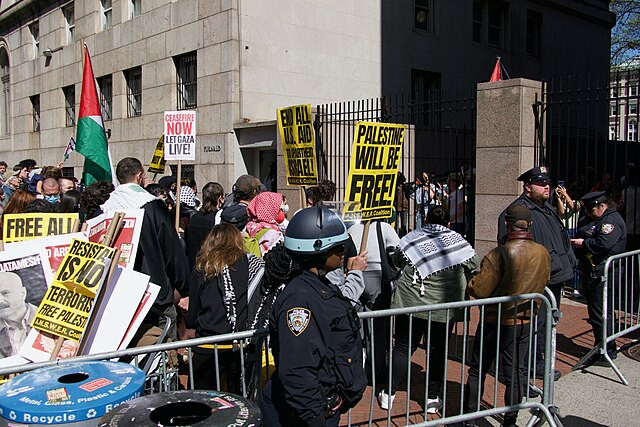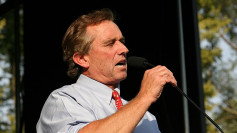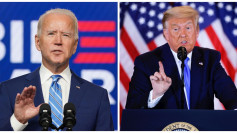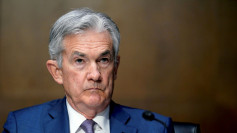As the war in Gaza continues to escalate, with the death toll mounting, protests have erupted across college campuses in the United States, leading to hundreds of student arrests and growing tensions between pro-Israeli and pro-Palestinian demonstrators. The nationwide demonstrations, which began at Columbia University in New York City on April 18, have spread to universities in California, Missouri, Massachusetts, and beyond, with students demanding their institutions cut financial ties with Israel and grant amnesty to those disciplined or arrested for protesting.
On Sunday, the University of California, Los Angeles (UCLA) witnessed physical altercations between opposing groups of demonstrators, prompting the university to step up security measures. Mary Osako, vice chancellor for UCLA Strategic Communications, stated that the university was "heartbroken" about the violence and remained committed to the idea that "even when we disagree, we must still engage respectfully and recognize one another's humanity."
Across the country, police have been deployed to campuses to disperse protesters, with some using chemical irritants and Tasers. In Boston, approximately 100 people were detained while clearing a protest camp at Northeastern University, while Indiana University and Arizona State University saw 23 and 69 arrests, respectively. Washington University in St. Louis reported at least 80 arrests, including U.S. presidential candidate Jill Stein and her campaign manager.
University administrators have struggled to quell the demonstrations, with some institutions canceling graduation ceremonies and others facing building occupations by protesters. The nationwide showdown between students and administrators has raised concerns about free speech restrictions and the consequences for students who choose to participate in the protests.
Sam Bisno, a student at Princeton University, told Al Jazeera that the risks taken by protesting students demonstrate their passion for the issue. "People are willing to put it all on the line. But we know we have the power in numbers," he said. Momodou Taal, one of four students "temporarily suspended" by Cornell University for setting up an encampment, expressed a lack of faith in the administration to provide a safe environment for Muslim, Arab, Palestinian, and pro-Palestinian students.
The protests have also spread to universities in Canada, Europe, and Australia, with demonstrators demanding their institutions divest from funds implicated in Israel and cut ties with Israeli academic institutions. Vice Chancellor Professor Annamarie Jagose of the University of Sydney stated that while the university is committed to the right of protesters to assemble peacefully, there is "zero tolerance for any form of racism, threats to safety, hate speech, intimidation, threatening speech, bullying or unlawful harassment, including antisemitic or anti-Muslim language or behaviour."
As the situation in Gaza continues to unfold, the campus protests show no signs of abating. The White House has called for peaceful demonstrations, with national security spokesman John Kirby stating that President Joe Biden "knows that there are very strong feelings" but would leave the management of the protests to local authorities. Senate Republican Leader Mitch McConnell, however, has labeled the situation "dangerous" and placed responsibility on college administrators to address the issue, expressing shock at the presence of antisemitism in the United States.






